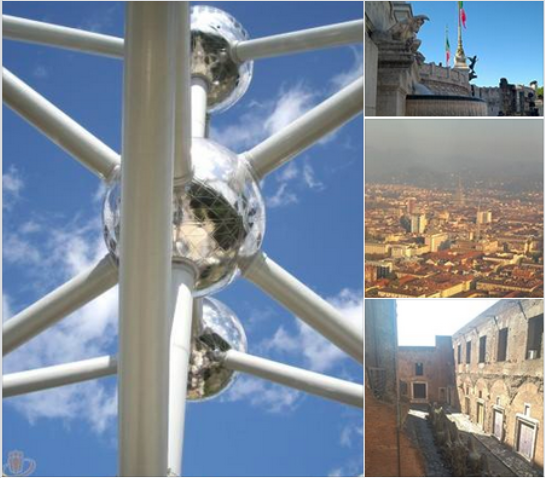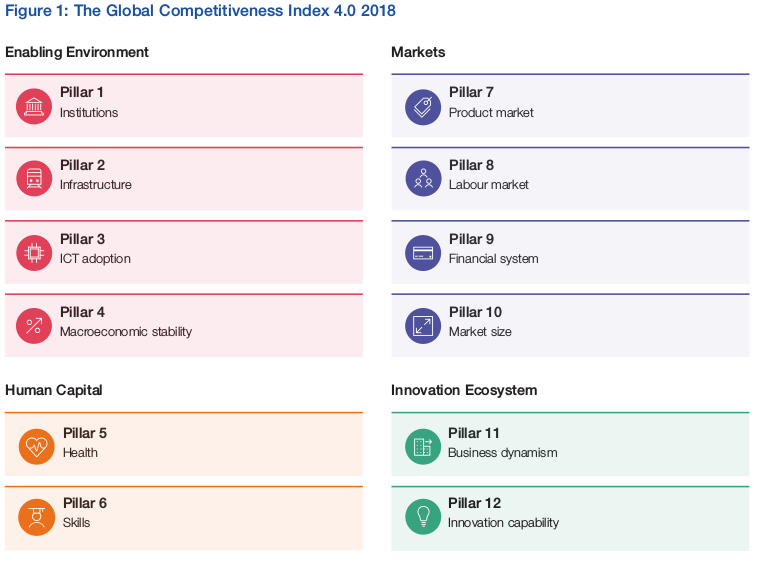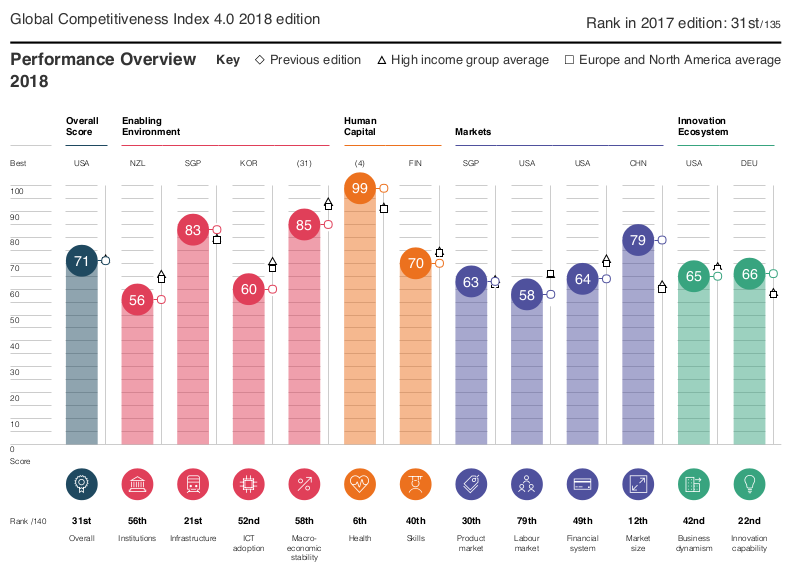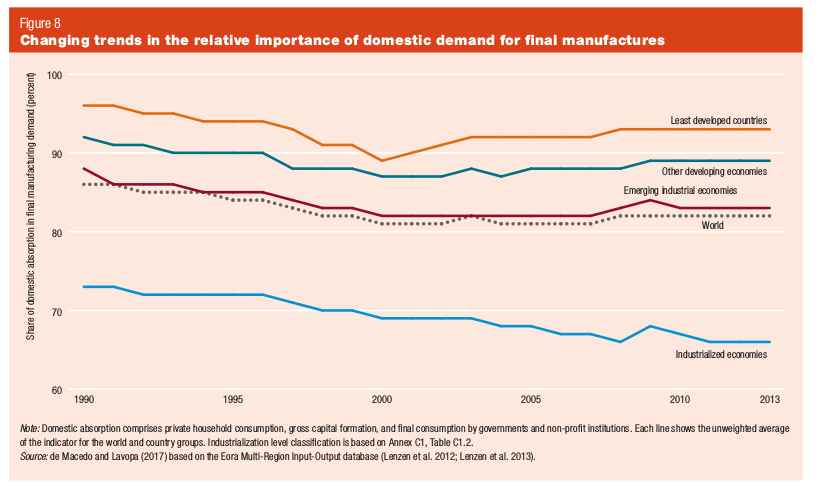Viewed 8199 times | words: 3069
Published on 2019-04-15 | Updated on 2019-04-16 08:10:19 | words: 3069

So, we are in 2019.
Well, at least that's what the common wisdom would claim.
This articles series is about the European Elections, but you cannot escape from the "convitato di pietra" (i.e. the Commendatore statue within Mozart's Don Giovanni) in our elections- Brexit.
So, before talking about the Italian side (specifically, Piedmont and Turin) of the forthcoming elections (as in Piedmont we will vote both for the European Parliament and the Regional Parliament), a digression on Brexit.
In the end, Brexit is about change. And preparedness to change.
Therefore, my monthly YouTube presentation on change is about Brexit
So, consider this article as a commentary to that video that you can find at https://robertolofaro.com/ctr-brexit.
A digression on Brexit
By giving a further extension, extension to be used to confirm the only deal on the table, and then carry out the Brexit, or "repent" (as in Don Giovanni) and drop the Art. 50 request, within the European Union we entered within uncharted territory.
Both "technically" and politically.
I am not assuming that a "hard Brexit" would be akin to a descent to Hell, but it would be chaotic nonetheless- as the extension now allows up to the end of October to do what has not yet been done since the referendum.
Certainly in UK, and also here and there in Continental Europe, if you consider e.g. that just now in Italy many small and medium companies are assessing the impacts and supply chain (both as customers and, more relevant, as suppliers) needed.
I will not repeat here my routine digression on how "technical" does not necessarily imply some specialized equipment in any shape or form- have a look at the post on the "Business 4.0" side released last week.
The point is that Brexit will be both in the background and in the foreground.
As for the latest extension itself, frankly, I see it neither as a sign of "kindness" or "weakness" from the EU- just a sign of aggregated weakness.
Have a look at the news from immediately before the Brexit referendum and since then.
Mainly news items upon news items talking about relocation preparations (or at least restructuring of operations) from the banking and financial sector.
So, industries that deal mainly in non-physical services and goods ended up ensuring their business continuity in Continental EU well before March 29th 2019.
The missing visible element? All the industries dealing in physical items, i.e. retail and manufacturing.
Yes, it is true that, as many advanced economies, manufacturing and agriculture in and for themselves have reduced their share of GDP, and that services (including financial) have a lion's share.
But people living in UK still do eat, buy goods, and foreign companies (notably Germany and other G7 members) still have operations in UK.
You can reroute transactions- open a service centre in country A, shift the operators to country B, and maybe the backoffice to country C- all the three EU-27 countries.
But if you have a supply chain, if you have production lines, even a mere "maquilladora" receiving components from abroad and sending products abroad would have some impacts from a disruptive Brexit.
As any form of Brexit will re-introduce paperwork, or eventually even different technical standards (unless UK plans to keep its own rules and regulations aligned with those of the EU- then, why leave?)
Incidentally- somebody is ready and thinking as long term as UK banks (albeit probably part of their line of reasoning is linked to risk and Basel rules).
That advocate of Brexit, Dyson, didn't take that long to announce that his electrical car initiative would be based in Singapore, not UK (see within the video some quotes).
So, on this Brexit extension I am closer to President Macron than to Chancellor Merkel, as just the issue of the European Parliament elections and its consequences add enough uncertainty to make you wonder: the extension implies that we are keeping both the European Parliament and national "election engines", as well as the whole economy, hostage to the weekly choices across the Channel.
Actually, "choices" is a big word- so far, by following the proceedings of the multiple votes at the House of Commons, we had repeated testing of the waters or alliances, but everything and its contrary was declared.
But, business-side, a further six months, that might bring up to the next budget cycle, could enable to restructure supply chains, by renegotiating agreements with customers and suppliers, or open up to suppliers elsewhere- maybe even considering shifting operations (and associated choice of suppliers) abroad.
Also if relocating a plant in six month isn't that easy- and some non-UK companies already carried it out (and even some UK companies with physical assets, e.g. one "gliding on water" worldwide).
It will be an experiment for the EU institutions and for the capability of the UK industrial base to retain some abilities (including in academia, e.g. for R&D), if some local operations were to be shifted abroad: how long does it takes, after you remove some manufacturing activities, for the demise of the local business ecosystem associated with those activities?
As an example, after renouncing to nuclear power stations due to a referendum, Italy then retained academic and industrial capability by having some companies invest in foreign initiatives involving the operation of such facilities.
From the debate at the House of Commons, it seems that 6 months would be barely enough to organize another referendum (22 weeks, if I did not misunderstand, are needed), but for the time being a result has been achieved: new political parties.
The impacts of Brexit on internal EU dynamics
I am not the only one that repeated more than once a simple truth: different EU Member States have different ideas about the present, future, and purpose of the EU.
Moreover, while many now and then since the inception of the Euro proposed (or feared) an eventual 2-layers Euro (basically, one for Germany, BeNeLux, and maybe few more; and one for the others), or even that Germany might leave an unworkable Euro or EU and set up its own SuperEuro, there are different levels of preparedness for and compliance with EU regulations within what will probably soon become EU-27.
Somebody say that Brexit showed how impractical is to leave the EU, once in.
But, long ago, it was a point already raised by the Court in Karlsruhe: when you have so many laws and agreements extending into every venue of social and business life, to ensure seamless integration (e.g. the "freedoms"), then "harmonization" extends into "comanagement", and eventually "integration".
On Facebook I quoted again the video from "Yes Minister" about why UK entered the EU.
As I hold an Italian passport, I can suggest, as an introduction to the second part of this post, the cartoon about Europe and Italy from Bruno Bozzetto.
You can find both on YouTube.
Local and Glocal- well, Eulocal elections
Back to South of the Alps, in Italy
As you probably know, we have a government that includes two political parties that elsewhere would have been considered "new".
They both might be "new", as their presence on the ballot (M5S) and their leader presence at the helm (Lega) is recent, but neither is "new".
M5S? Well, while working in Rome part-time on some projects in the public sector 2004-2006, while shifting from London to Brussels, I saw brewing up support and structure of "demand"- also within the Italian community in international institutions in Brussels, shifting from Di Pietro to Grillo.
At its helm, it is a bit of "system that claims to be anti-system", an undercurrent in Italian politics that personally remind from when I was still a kid, with a much beloved President of the Italian Republic, Sandro Pertini, lambasting politicians while in office, with a political party, the Radical Party of Marco Pannella, pushing for liberal reforms while at the same time being well inside the system.
So, I think that the Italian dimension of what it is now trendy to call "populism" is different from others- more "institutional", and probably part at least of unsolved issues after WWII, when the Italian Republic was founded, after, you guess, another referendum (I would have voted for the Republic, anyway, if I had been a voter back then).
As for the Lega, having been a political party of the North (actually, with recurring winds of secession or at least increased local autonomy), already made inroads into Southern Italy in the 2000s- at first, in both cases, as provocations, but were actually just "test markets".
And the others? Chaos and succession woes.
Both on the centre-right and centre-left.
Mr. Berlusconi's succession preparation has been long- and still unfinished.
Once he too joked that he looked for a "dauphin" (dolphin, delfino in Italian), and found himself just... "tuna" (tonni, in Italian- meaning many things, including probably that they like their own "tin can").
I will let other discuss the succession on the national level, albeit I found quixotic the statement of the Governor of Liguria about his idea of enlarging the centre-right up to those disappointed by the Partito Democratico.
It seems trendy in Italy since few years ago to claim that each political part covers left-to-right: we had "Partito della Nazione", "Sindaco d'Italia", and various "a-political" definition.
Personally, I think that "a-political" for elected officials is an oxymoron, a practical impossibility.
Anyway, as I read yesterday on Italian newspapers, he is not the only challenger- and it was funny the riposte from the Lega leader to the Fratelli d'Italia leader.
The Lega for a long time has been considered part of the centre-right, albeit both personally and from political chronicles more than a few come from the left: yet another "left-to-right" political aggregation, notably at the local level.
Going local
I will focus instead on the local level, as in Piedmont this year we get a double-bill (or double ballot): European Parliament and Regional elections.
Well, if the centre-right has some issues, and M5S suffer from its two mandates limitation that dumps politicians as soon as they can navigate the treacherous waters of local politics, the centre-left in Piedmont has another issue.
For various reasons, in Piedmont the centre-left for few decades has been pushing at the regional level those who had had one or two mandates in Turin, either at the Province (county) level, or as Mayor.
Nothing unusual, except that, in other countries, long-term incumbents usually develop "business continuity", i.e. groom a lineup of potential successors.
In Turin, it seems that the "accepted standard" is that either you win, or you don't care about building up the party for the next election, and while aging in power, you keep your aging team with you- building no potential for succession.
A team of friends maybe, a band of brothers and sisters, but not a political party.
And if you win... you are the best successor to yourself.
By accident or by design, the current incumbent Governor, Mr. Chiamparino, was twice Mayor of Turin, becoming then Governor, and now after some theatre... he is a candidate to succeed himself.
And, from what was reported within the Turin section of Corriere della Sera yesterday, he is even going against his own party to retain his old team.
Or: aiming to have had his 20 years controlling the territory.
Successors? Frankly, those that have been around for the last couple of decade locally do not seem to be in any way or form being prepared to take the helm, just ready to be a support structure of Mr. Chiamparino himself...
Also at the European Parliament level, again the former President of the Province of Turin and former Governor of Piedmont, Mrs. Bresso, will be again a candidate.
The only "novelty" in North-West for the centre-left?
The leading candidate for the centre-left for the European Parliament should be the former Mayor of Milan, Mr. Pisapia, who, after just one mandate, left office, but anyway at least during his tenure prepared a succession path (the current Mayor of Milan, Mr. Sala, is again from the centre-left, and was "built up" in other administrative roles).
So, as a centre-left (reformist) voter, I see a chance that in Brussels too he will not just try to have a sinecura, but to build something.
If you read my articles also on the business side, as anybody who worked with me knows, I always thinks that a role should transcend the person that temporarily covers the role.
You can leave your mark, in politics even enter history books, be a catalyst for change, but, frankly, "heroes" that build something that crashes as soon as they leave the role aren't my cup of tea.
Building up options is what matters- as just building one successor isn't enough: the future might demand a different mix of abilities, skills, potential, trying to replicate the past did not work with North Korea, imagine elsewhere...
Moreover, the team you choose qualifies you more than any statement, book, etc.
Hence, while I have no qualms about voting for Mr. Pisapia, also if historically he is at my left on the political spectrum (within the centre-left), I do have qualms about contributing to give a fourth mandate to Mr. Chiamparino, now that I am resident again in Piedmont, after seeing over the last few years none of the patterns I look for when I vote for somebody who has been in office for a long, long time.
Maybe it would be better for the centre-left to lose the regional elections so that it can shift "gruppo dirigente"- or, after few years of soul-searching, rebuild something that isn't focused just on holding power while floating.
As it was said in a joke within "The West Wing": a leader without a following is just a guy taking a walk...
A closing (statistical) note
Yes, I wrote at the beginning about Brexit.
But I would like to share just three simple images from two sources, without commentary.
As reminded yesterday by a special issue on the economy in Turin and Piedmont within Corriere della Sera, Piedmont used to be the "industrial engine" of Italy, and now has been falling behind for a while.
It is not just because it was "FIAT-centric", i.e. all built around the leading Italian car maker now part of FCA.
But because local companies were probably too small and had just around the neighborhood all the demand they wanted and, therefore, stretched their own "company as a family" model to the the maximum extent.
In Italian, we call that management model "familistico", and yesterday there were interesting interviews from a convention on business, focused on family-owned business (see page 14 and 15 of the "L'Economia" published yesterday with Corriere della Sera).
There are multiple dimensions to this issue, and I posted in the past within the "suggested readings" reviews of books focused on two key elements: growth and transition between generations.
Both are intertwined, and in Piedmont, due its manufacturing background, i.e. requiring investments and R&D, this is even more critical.
The picture I would like to share are from the Global Competitiveness Report from the World Economic Forum, and the Industrial Development Report from UNIDO.
The first shows the "pillars" used by the former in the 2018 edition

And this is how Italy is positioned

I have shared in the past statistics about Piedmont, and reviews of assessment reports about the local economy so I will avoid repeating it here.
Instead, I would shift to a theme that I keep repeating.
Italy, and Piedmont, as shown also by the pages that I read yesterday, have a significant chunk of its potential exports within "high value" products- be it within the food or machinery or fashion or luxury or other industries.
Look at this picture from the UNIDO report: expanding the local market is an obsession for our politicians- but if our products for everyday consumption cannot compete, this chart shows that industrialized countries are less dependent from their domestic market than less advanced economies.

As I like to say: there are about 61 million Italians in Italy (I could also long-term resident immigrants- I am for the "ius soli", not the "ius sanguinis"), and we could actually see as our market if not the remaining around 7 billion inhabitants of our planet, at least the top 20% earners- which implies 1.4 billion (and maybe more).
Many politicians seem to be still living few centuries ago...there is an internal dimension and an external dimension, also within the EU.
 _
_